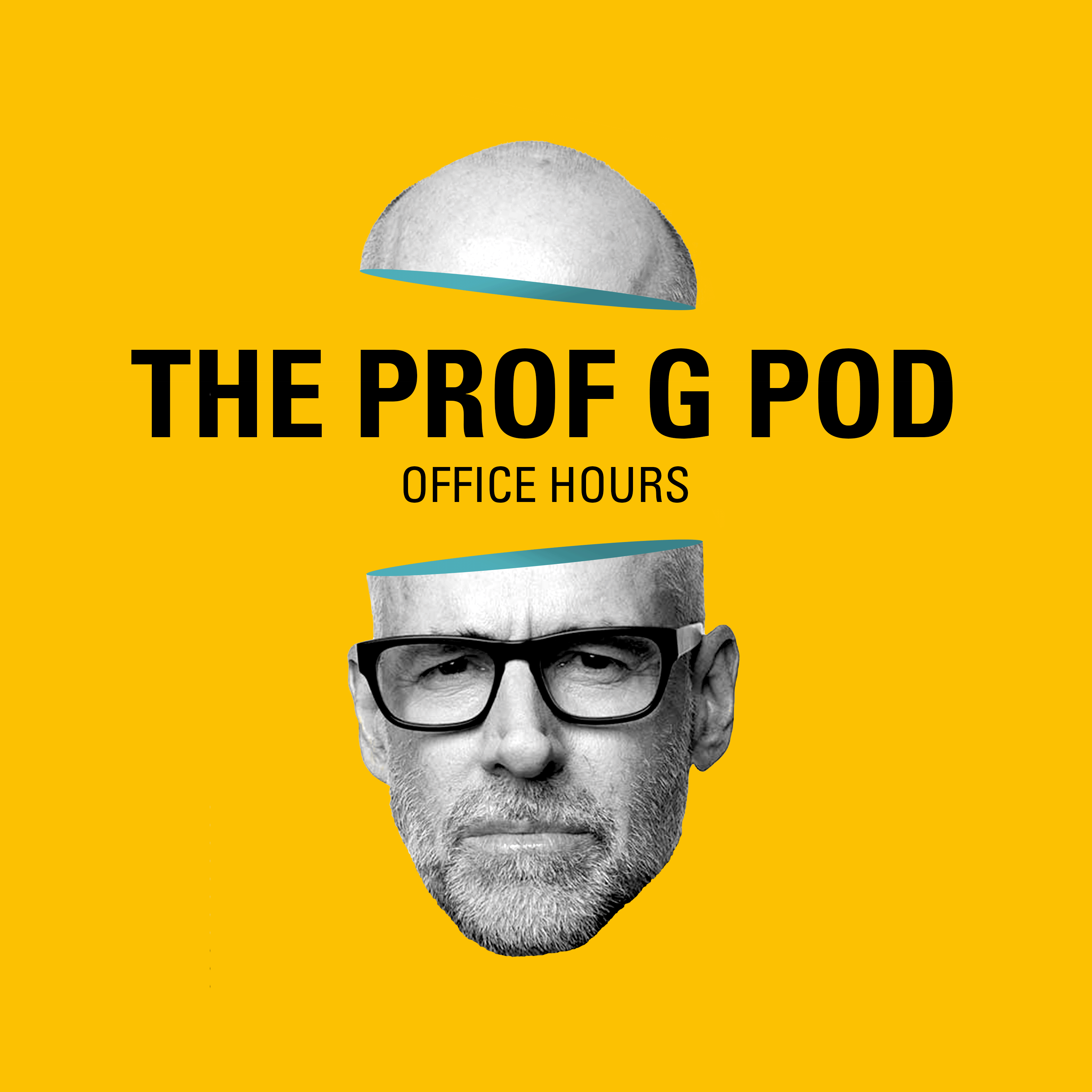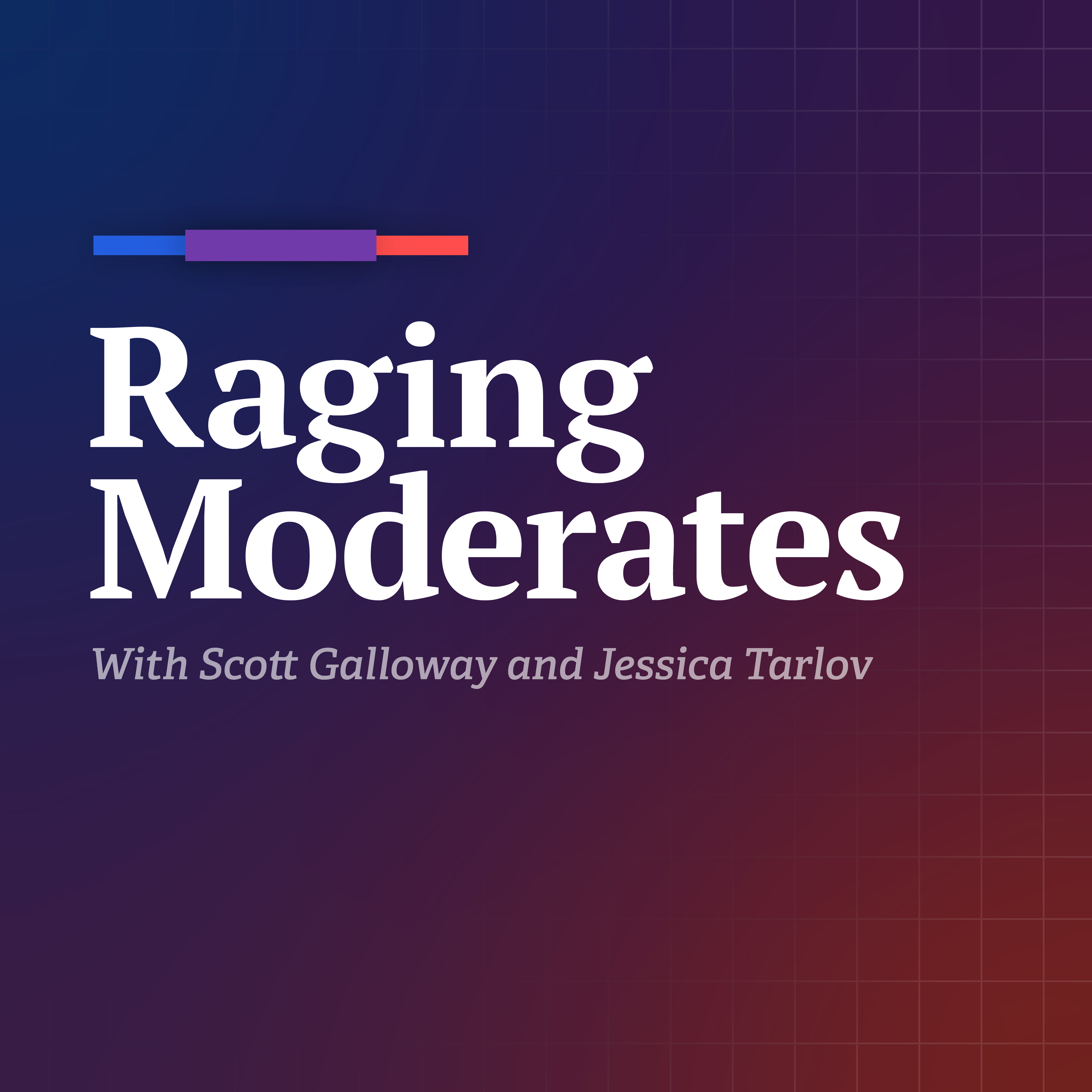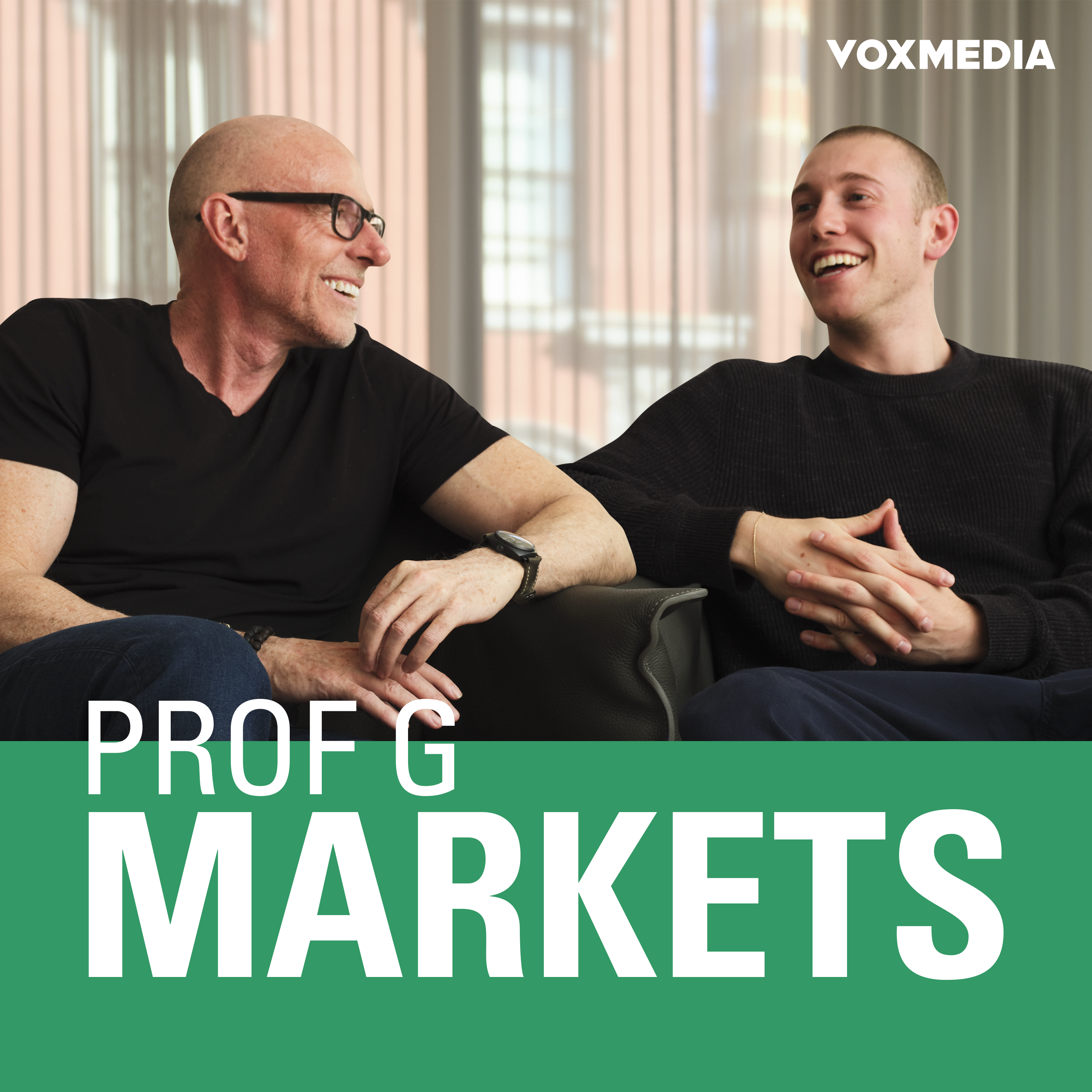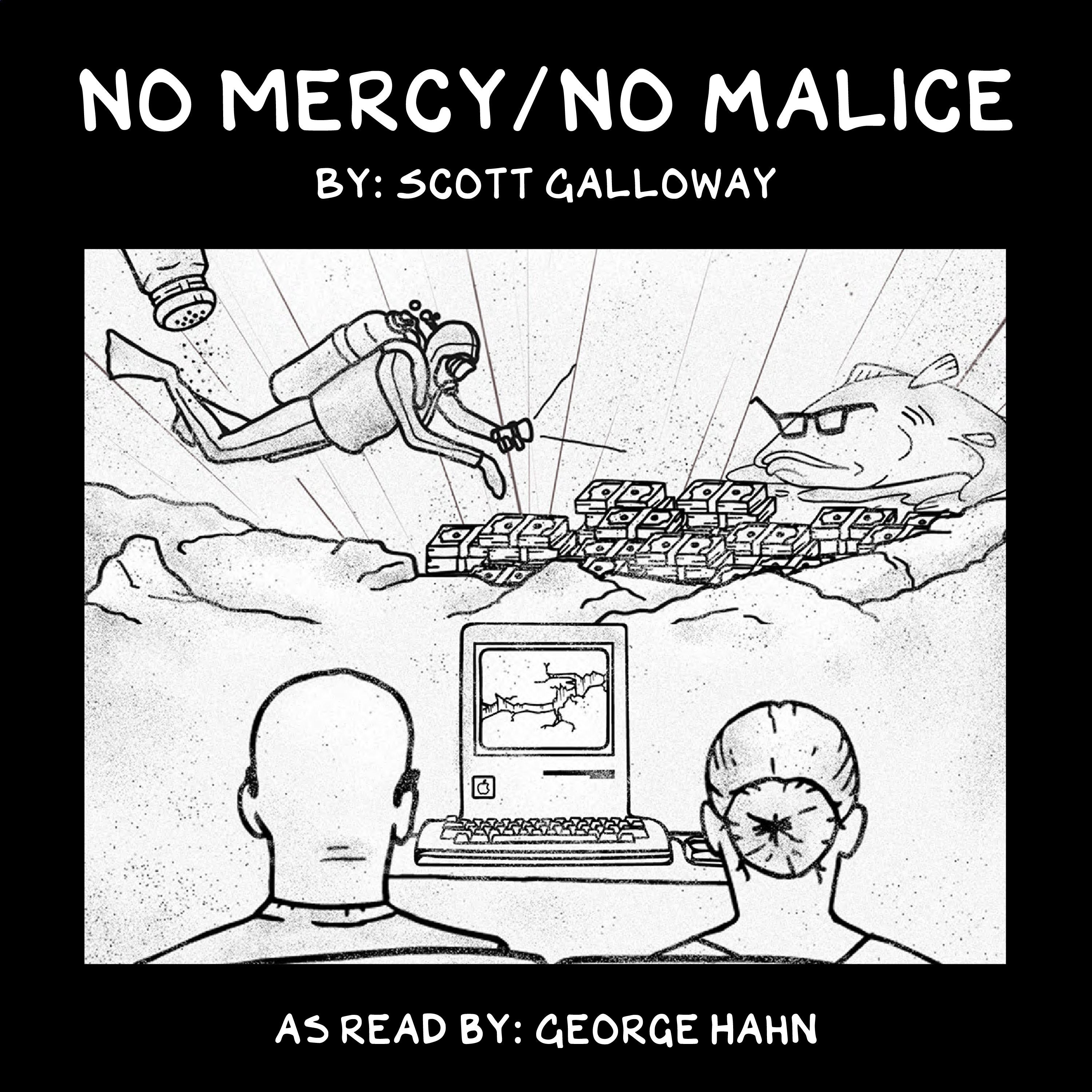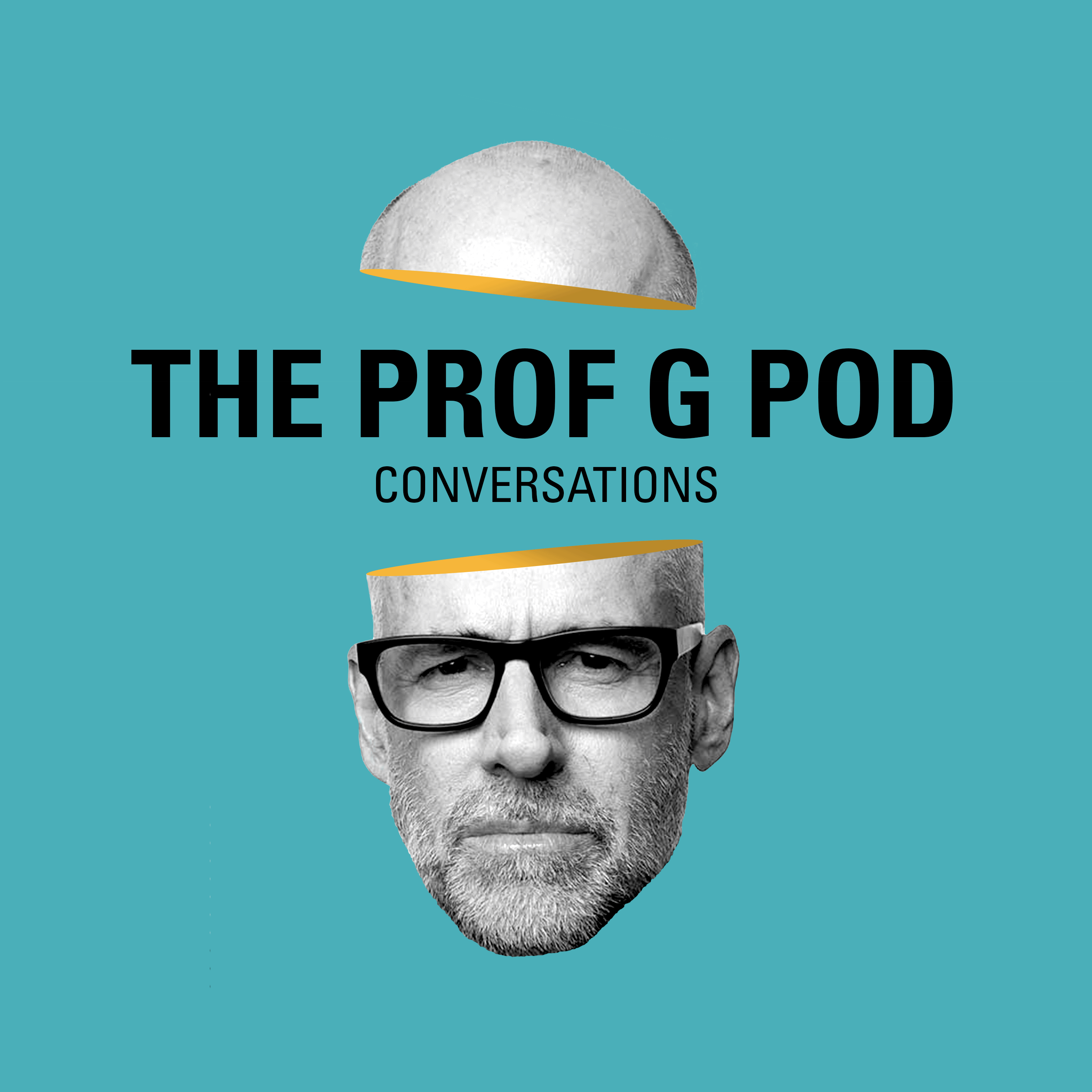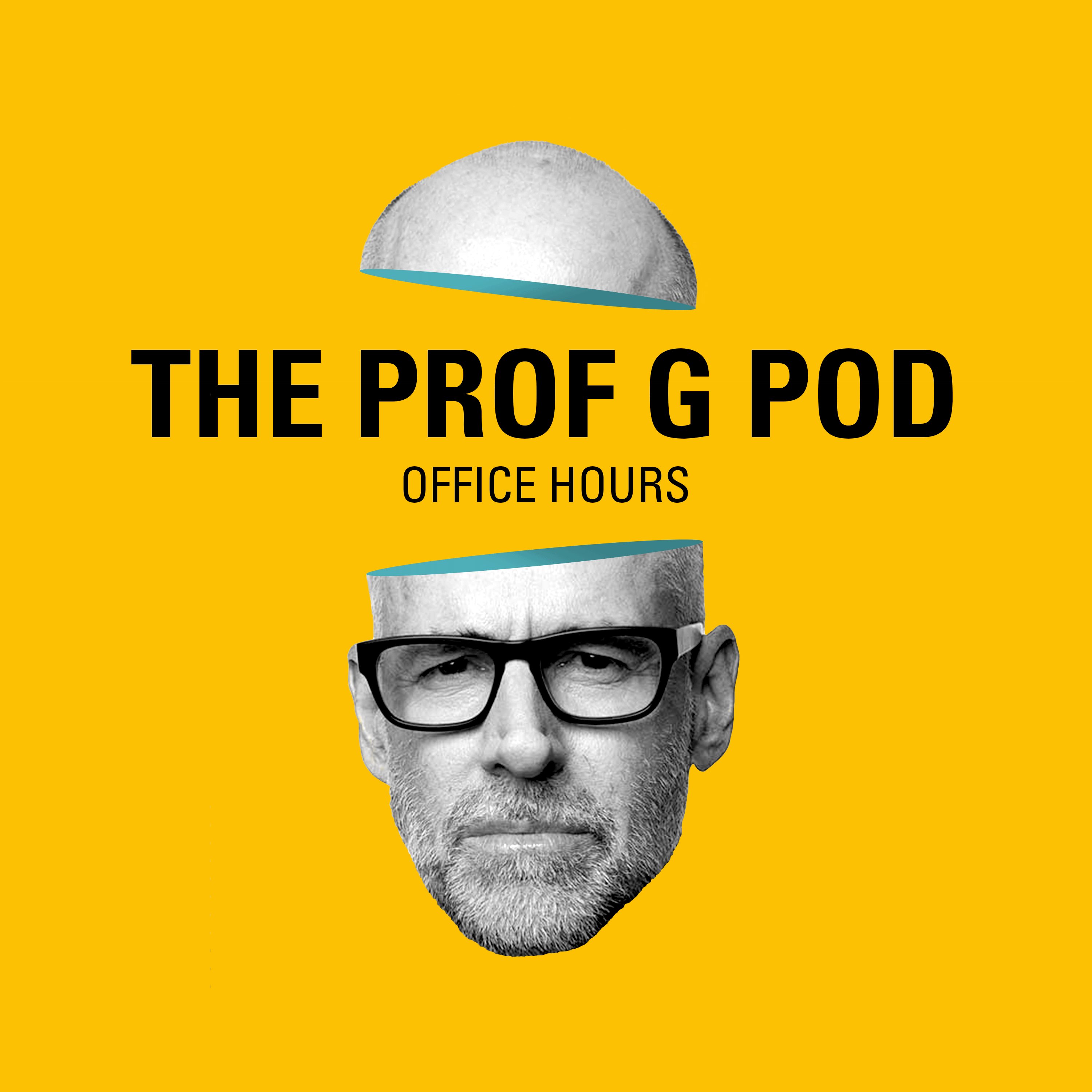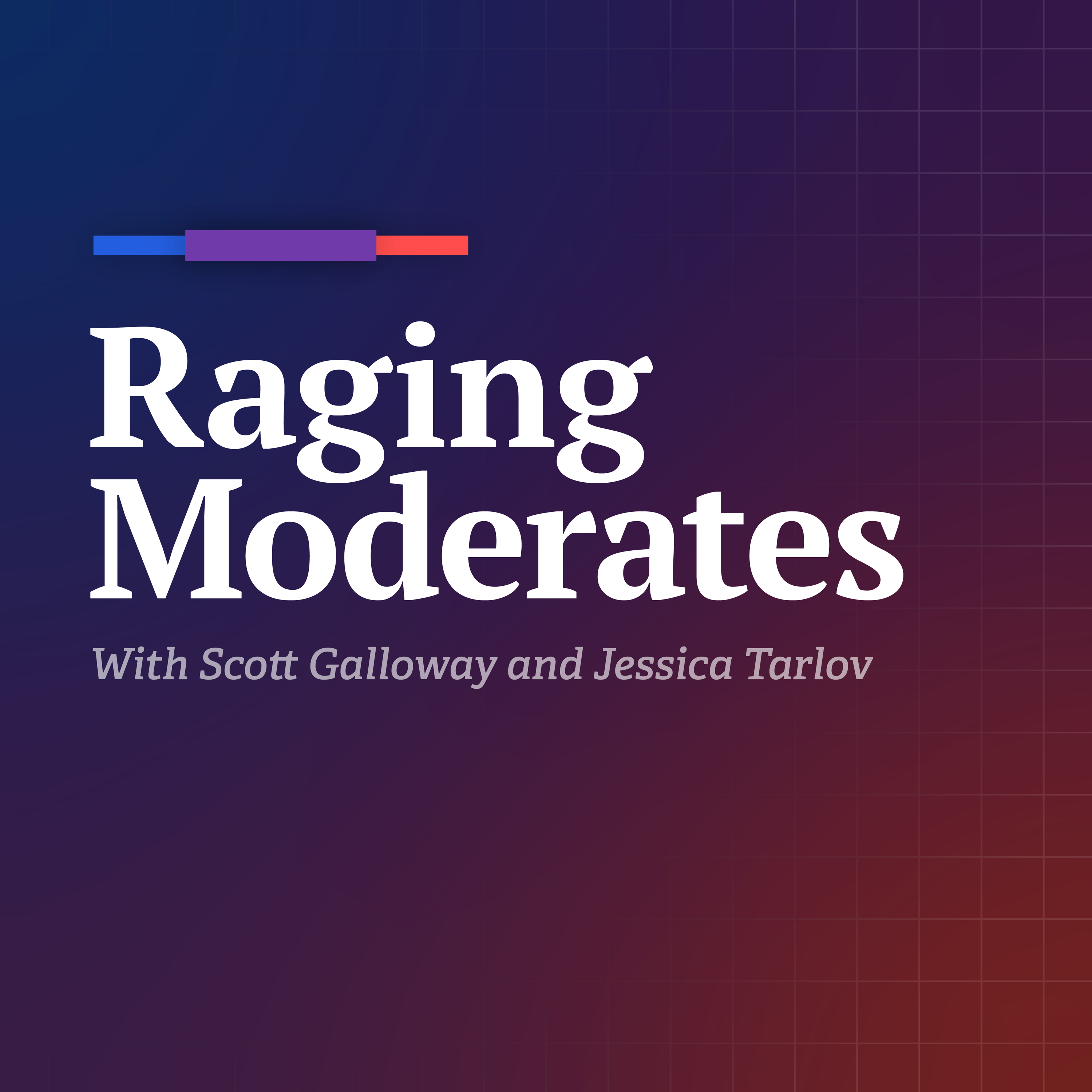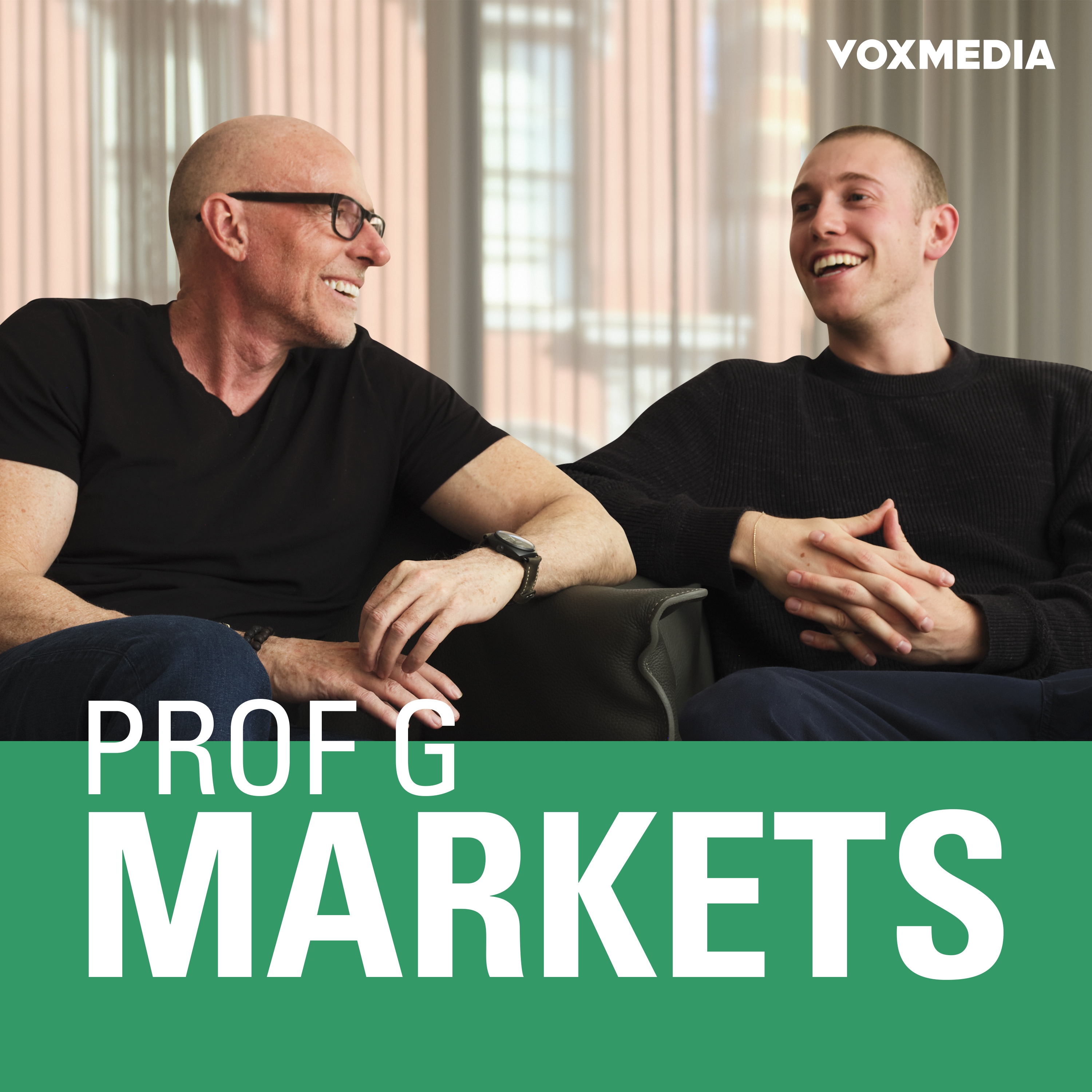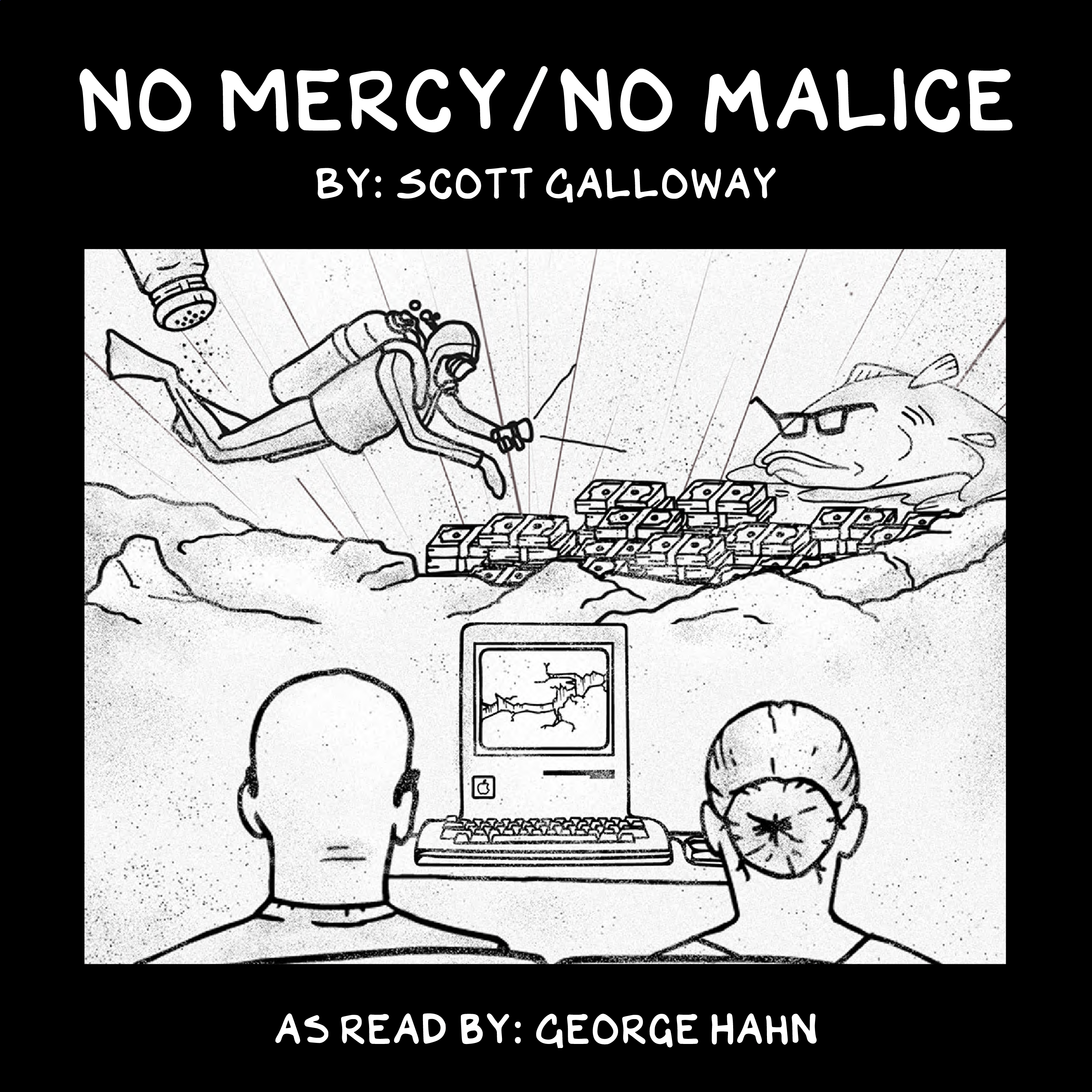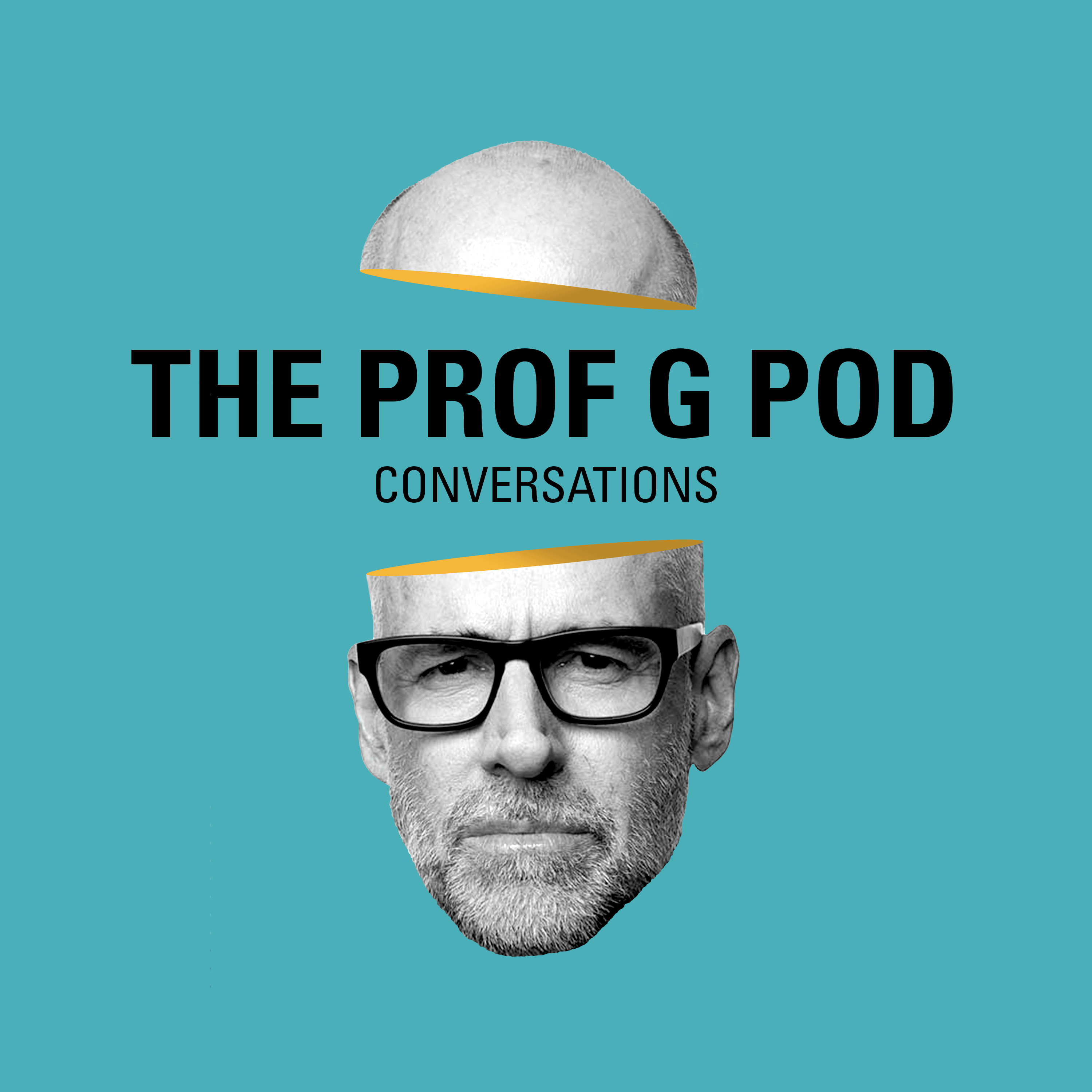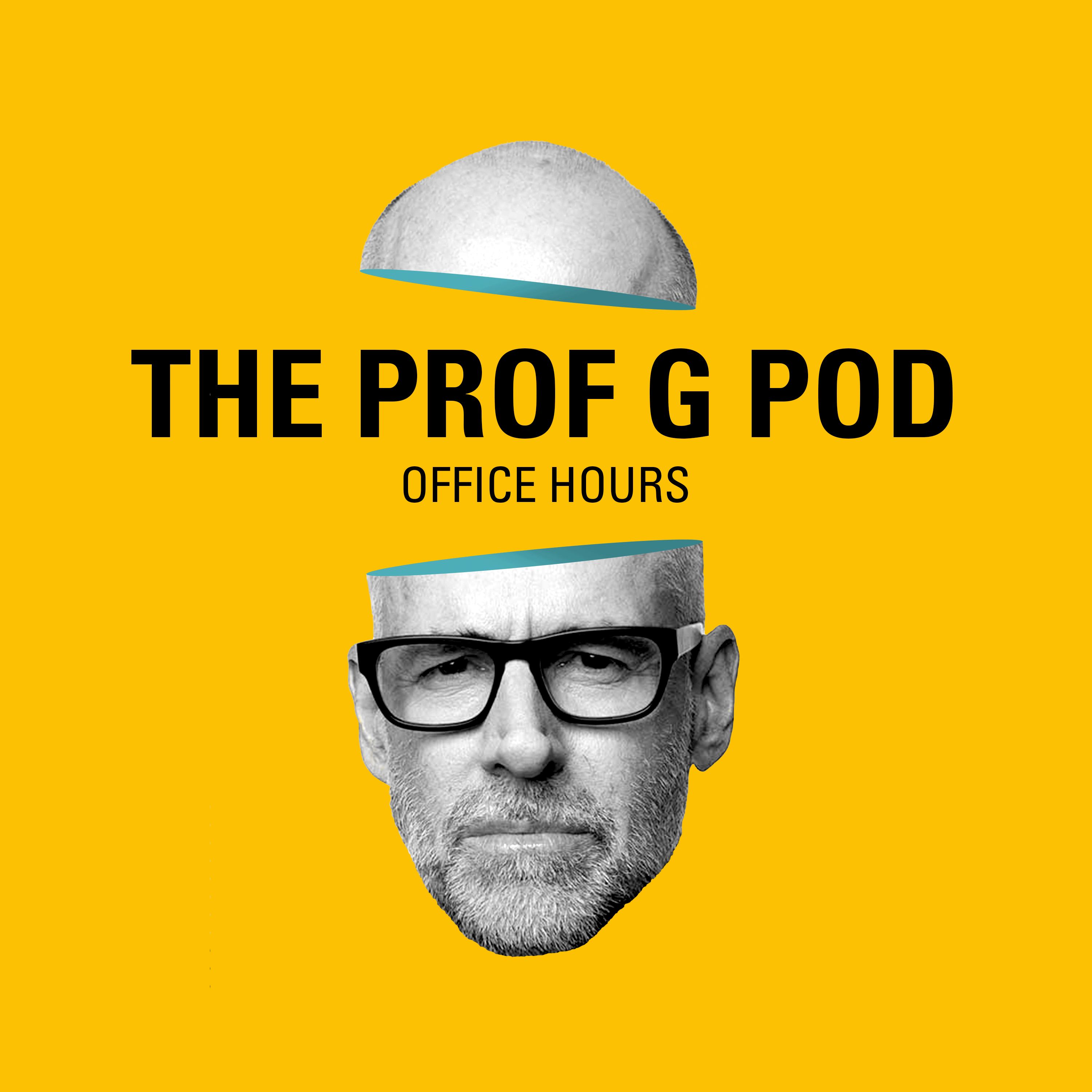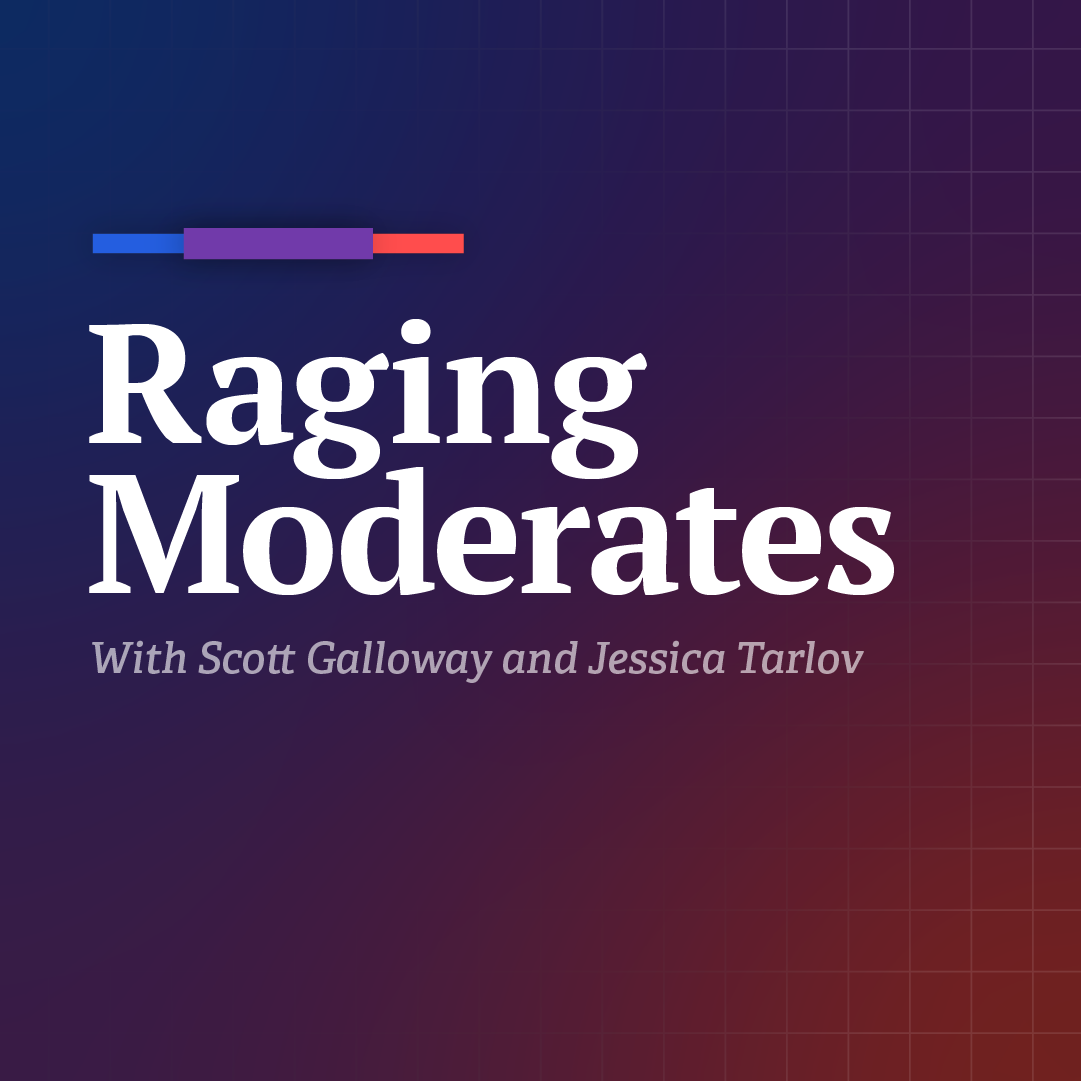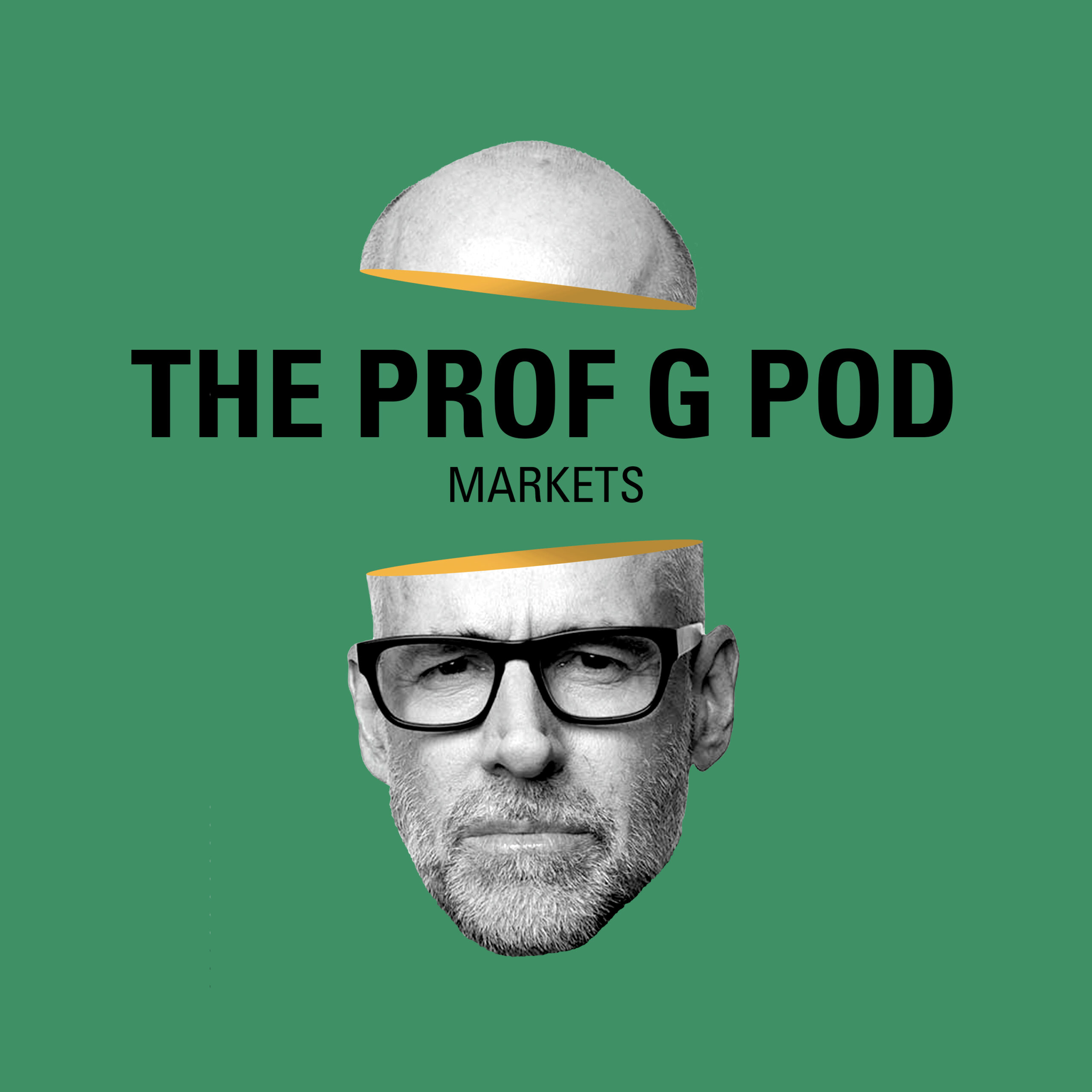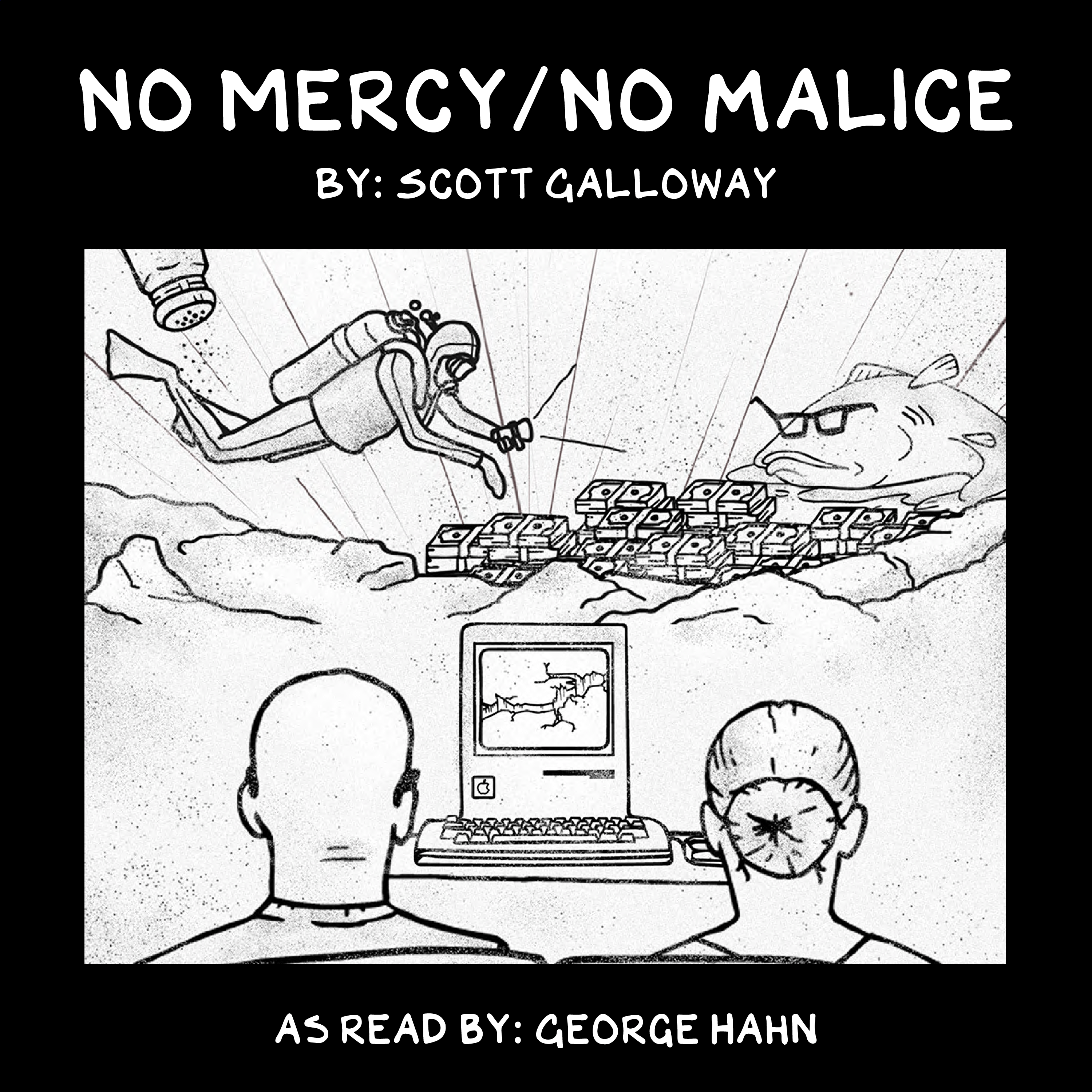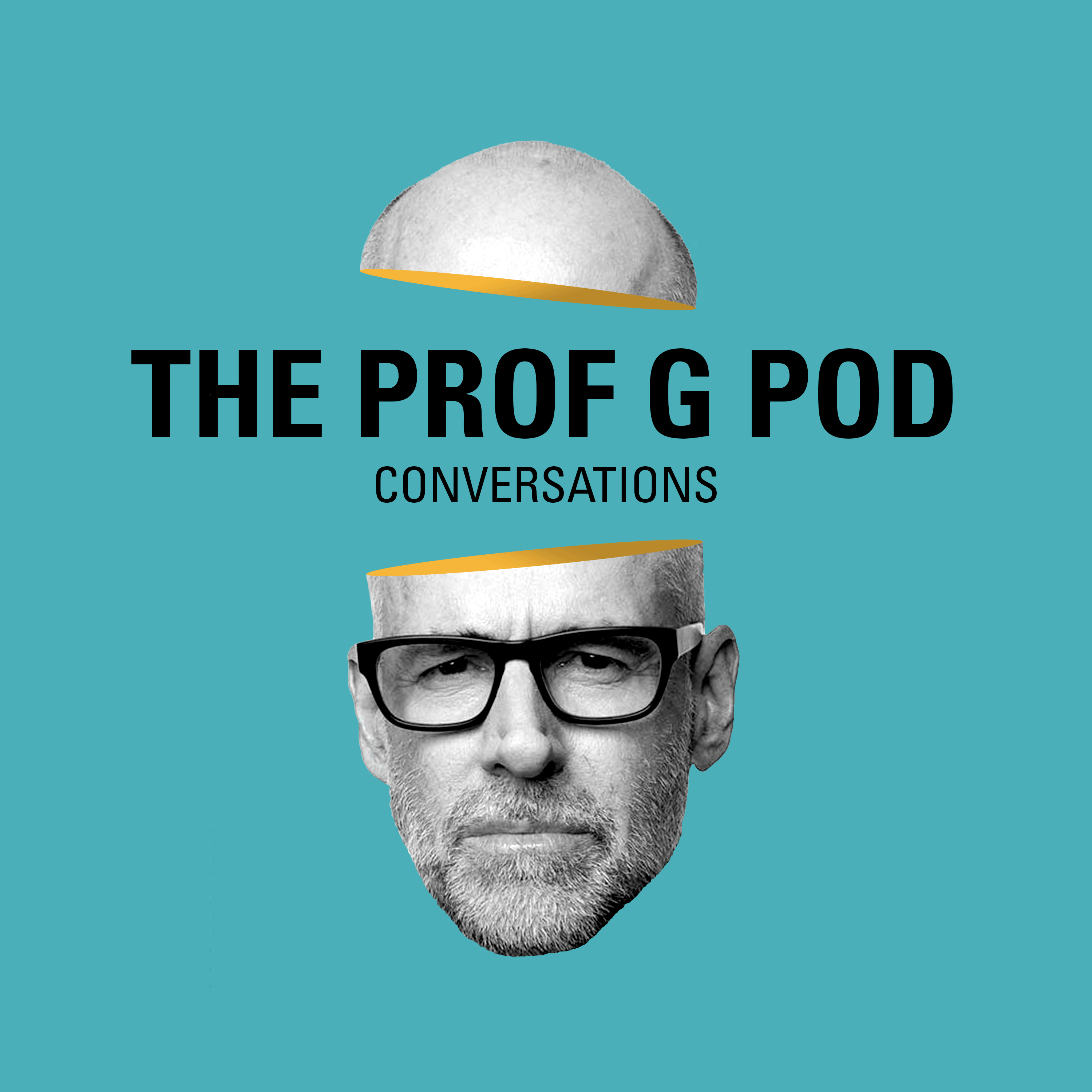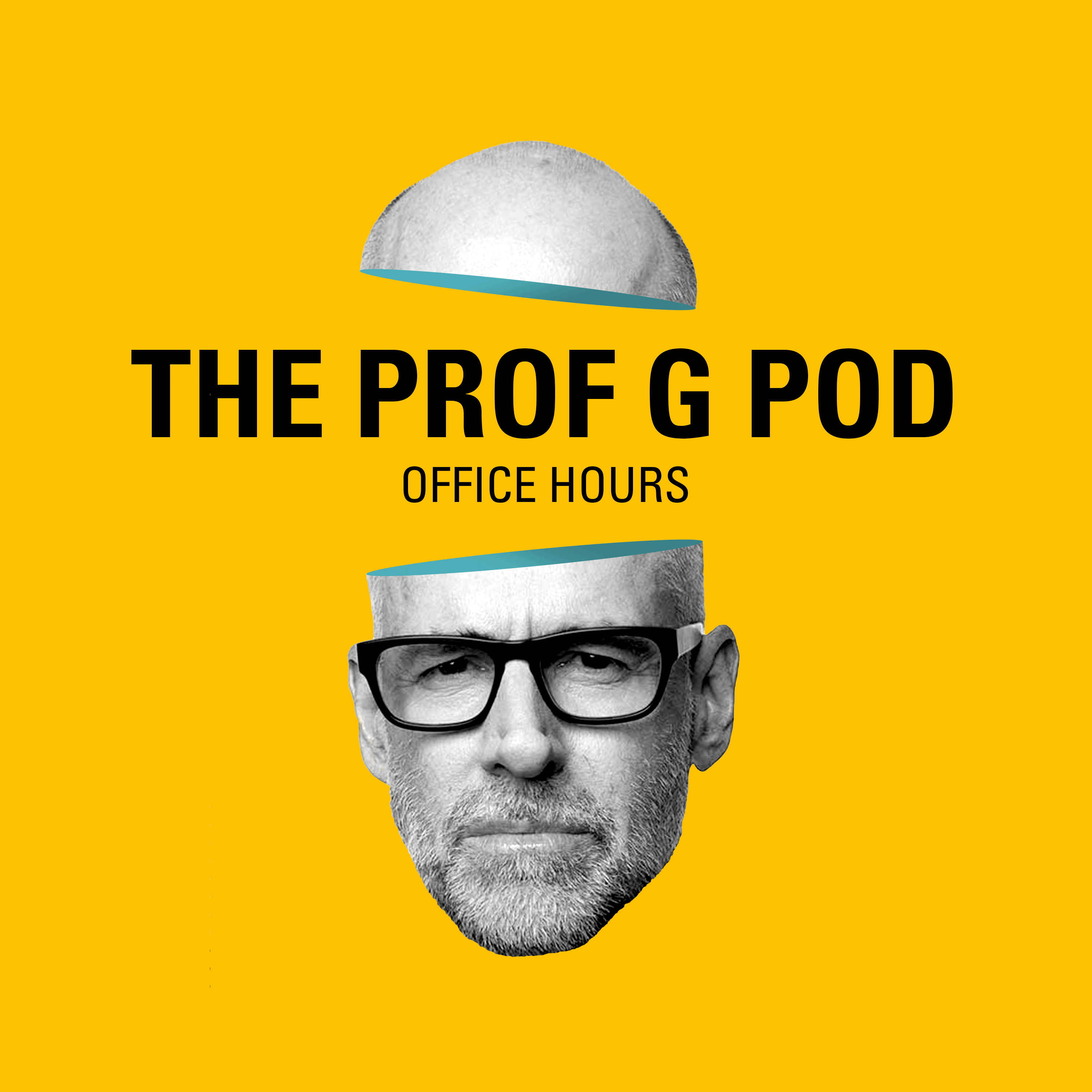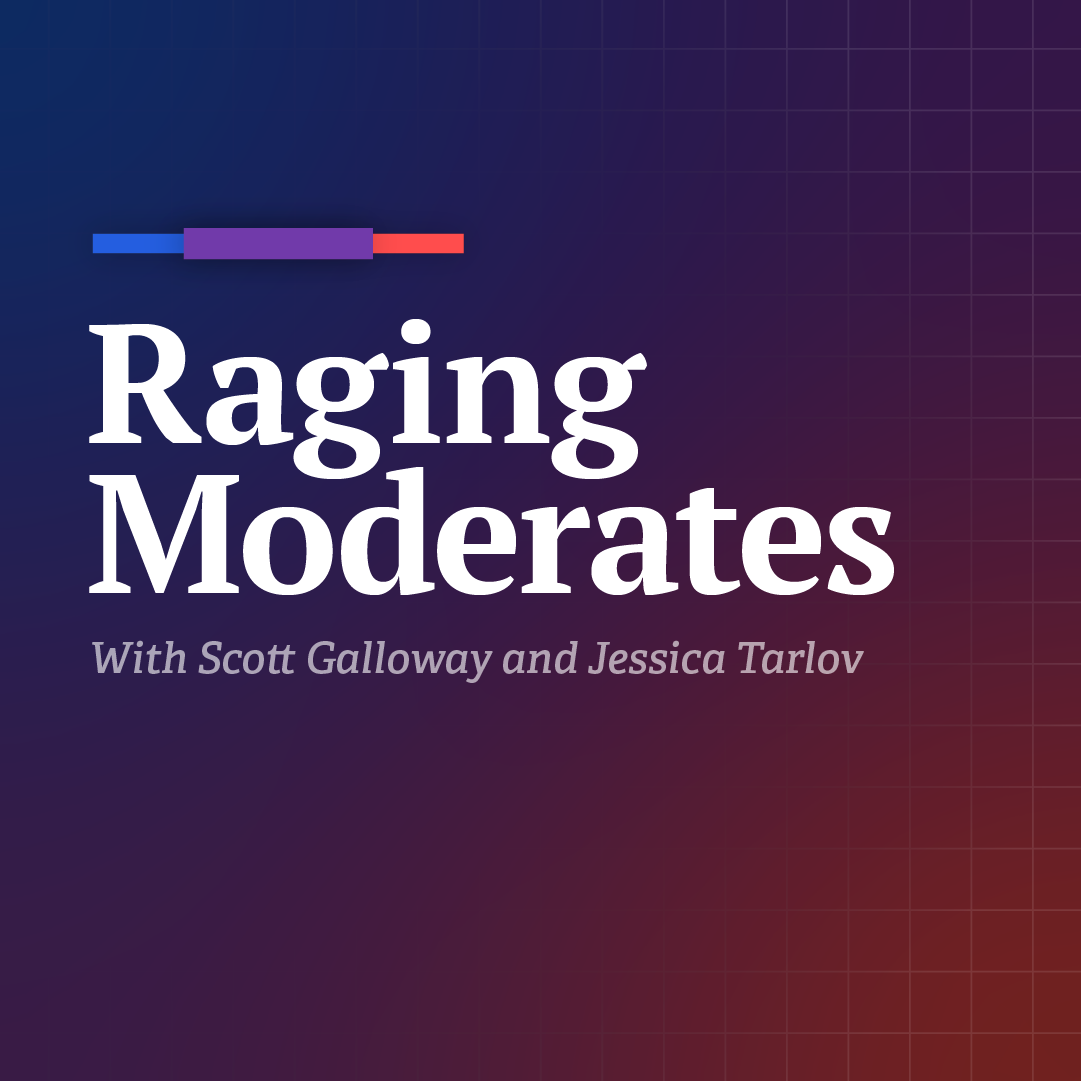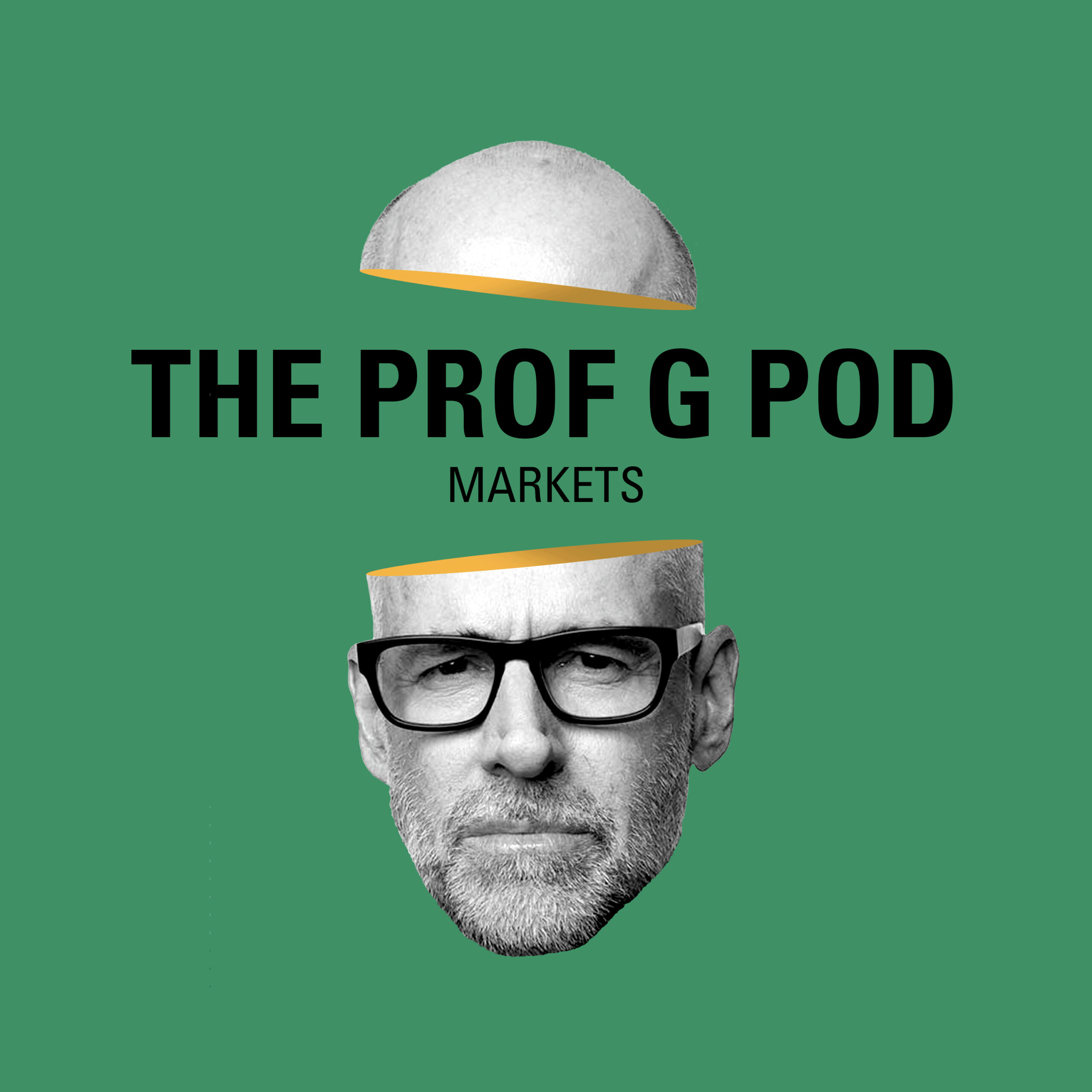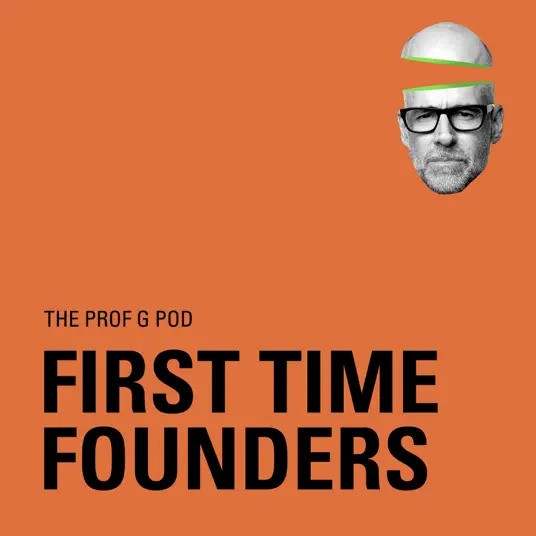Ian Bremmer, the president and founder of Eurasia Group, joins Scott to discuss major themes and forces shaping the current geopolitical landscape, including ...
Scott shares his thoughts on the age makeup and responsibilities of corporate boards. He then gives advice to a listener who has become indispensable at work ...
Scott Galloway and Jessica Tarlov dive into the final week of the campaign season. They discuss Kamala Harris’s star-studded rallies aimed at energizing ...
Follow Prof G Markets: Apple Podcasts Spotify Scott and Ed open the show by discussing the decline in existing home sales, Tesla’s earnings, the McDonald’s E. ...
As read by George Hahn. profgalloway.com/endorsement-vice-president-kamala-harris/ Learn more about your ad choices. Visit podcastchoices.com/adchoices
Angela Duckworth, a psychologist, the co-founder of Character Lab, a professor of psychology at the University of Pennsylvania, and the author of the New York ...
Scott discusses Pfizer’s battle with Starboard, specifically why he’s hopeful that Pfizer’s stock will recover. He then gives advice to those early in their ...
In this live taping of Raging Moderates, Scott Galloway and Jessica Tarlov take you through the final sprint of the campaign, jaw-dropping early voting ...
Follow Prof G Markets: Apple Podcasts Spotify Scott and Ed open the show by discussing Kalshi’s new election contracts, the rest of the bank earnings, the ...
As read by George Hahn. https://www.profgalloway.com/tesla-wtf/ Learn more about your ad choices. Visit podcastchoices.com/adchoices
Brian Chesky, the co-founder and CEO of Airbnb, joins Scott to discuss the latest for Airbnb including their Co-Host Network, how the company views AI, and how ...
Scott discusses the human resources industry, specifically how AI will disrupt the hiring process. He then gives career advice to a listener who is struggling ...
Scott Galloway and Jessica Tarlov break down the latest political shakeups just three weeks before Election Day. They dive into new polls showing tight races ...
Follow Prof G Markets: Apple Podcasts Spotify Scott and Ed open the show by discussing the ongoing machinist strike at Boeing, Amazon’s new AI tool for ...
As read by George Hahn. https://www.profgalloway.com/origin-story-2/ Learn more about your ad choices. Visit podcastchoices.com/adchoices
Dr. Marty Makary, a renowned surgeon and professor at Johns Hopkins, public health expert, and a two-time New York Times bestselling author, joins Scott to ...
Scott discusses the cable TV industry, specifically what has led to its structural decline and what that means for major sports leagues and the consumer. He ...
Jessica Tarlov and Scott Galloway discuss Jack Smith’s filing and what it means for the Trump Campaign. They also give their thoughts on Harris’s media tour, ...
Follow Prof G Markets: Apple Podcasts Spotify Scott and Ed open the show by discussing Tesla’s quarterly deliveries, a potential CVS breakup, and a venture ...
Ed speaks with Adam Faze from Gymnasium, a production company that makes television shows for social media. They discuss the future of television, how to ...
- « Previous Page
- 1
- …
- 26
- 27
- 28
- 29
- 30
- …
- 62
- Next Page »


